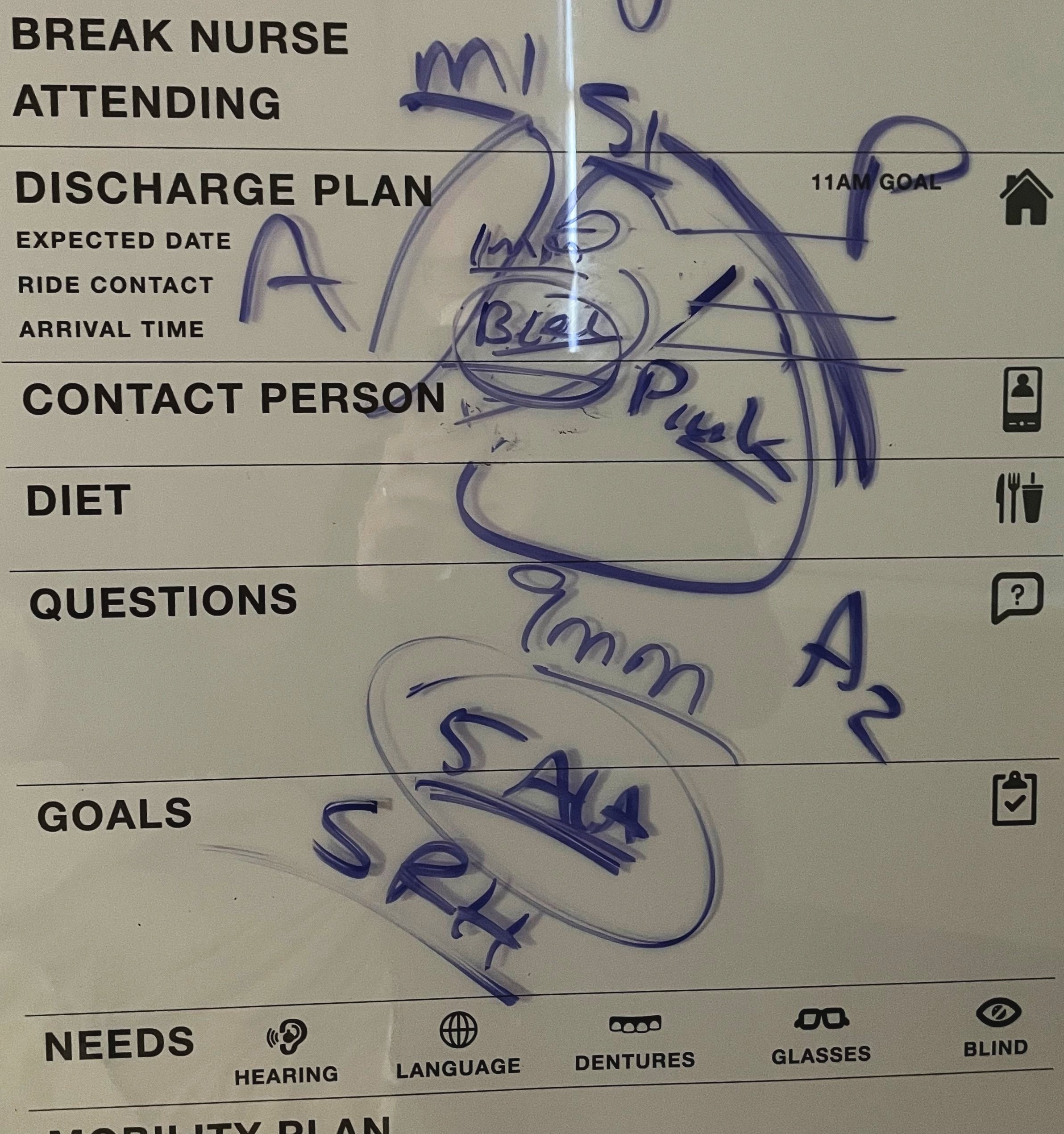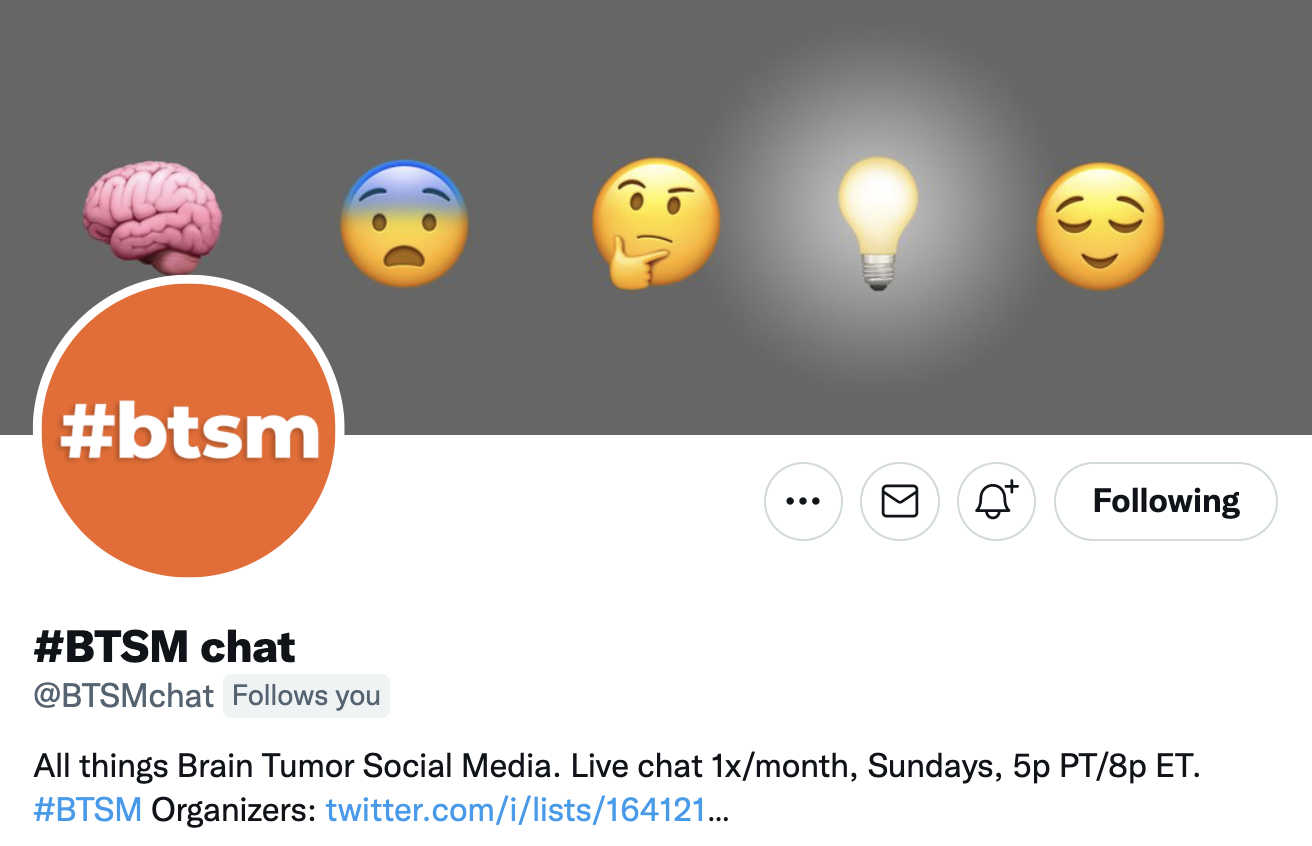
Patient & Researcher Blog
Here I aim to capture what I am learning as a newbie researcher from a patient perspective.
Living with a slow growing brain cancer
It is taboo for researchers to talk about their work before it is published.
I think that’s a bummer.
My favorite part about research is learning new things in real time. Here I share my observations as a learner and my n of 1 (personal) findings as a patient.
Note: I started blogging about brain cancer in 2008, at age 29.
I had no background or knowledge about healthcare when I began. Please excuse typos and other misconceptions. What you read here is me in real time, like a time capsule.
There are more than 500 posts here. Use this search to look for something specific. Good luck!
Spoiler alert, I'm still alive: 10 years later
I have had a brain tumor for one quarter of my life. I am the same person I was before but I am completely changed.
Guerrilla healthcare redesign: Support group materials edition
How might you use your skills to redesign a patient experience?
Would you take a short-term opportunity in an attempt to change the world?
What would you do, if you were offered a once-in-a-lifetime opportunity that, if accepted, would force you to leave the stability and comfort of an ‘everyday job’ BUT – might also give you the opportunity to change the world?
Dear everyone with an oligoastrocytoma: Your diagnosis just changed
As more and more pathologists and doctors begin treating patients based on the genome of their tumor it only makes sense for the WHO to update their classification of CNS tumors. Because science.
Does a brain tumor diagnosis mean you are disabled?
How we deal with our response to the diagnosis and treatment, our abilities or disabilities, is totally up to us. We can't perform our own brain surgeries or invent new drugs and treatment, but we can choose to strengthen our metal state of mind when it comes to our health. At the risk of sounding like a self-help book, it really is all about our attitude.
This is not a death sentence
To those of you diagnosed with a brain tumor–malignant or otherwise–for the love of god (or whatever you believe in), don't tell yourself the diagnosis is a death sentence. Be as negative as you want. Dread the biopsy. Freak out about the brain surgery. Get sick of chemo. But don't tell yourself this is death sentence.
What would you say to the most influential people in the brain tumor community?
I am struggling with what I should say. I don't want to preach to the choir. They already know we need more money for research. They know oral forms of chemotherapy aren't equally covered by all health insurers. They know there are more than 130 different kinds of brain tumors and that brain cancer is the #1 cancer killer in children.
Neuropsychological testing
Neuropsychological testing can help doctors find out how damage to your brain may be affecting your ability to reason, concentrate, solve problems, or remember. A doctor may suggest this type of testing if you have a disease that can damage the brain, such as Alzheimer's, multiple sclerosis, dementia, Parkinson's or a brain tumor.
How to participate in the #BTSM tweet chat
#BTSM is a patient-run, Twitter community and is not owned by any organization, nonprofit or otherwise. We are for patients and care partners, by patients and care partners. Use the #BTSM hashtag anytime, and join us for a live Twitter chat on the first Sunday of each month.








